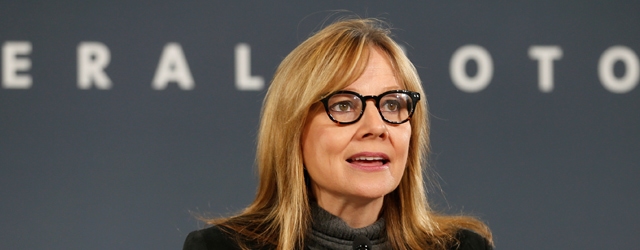Acquiring Vauxhall and Opel make PSA Group Europe’s #2 automaker

“By nearly every measure, 2016 was a great year,” Mary Barra, General Motors chairwoman and CEO, told shareholders in February. Not only had the company posted $9.4 billion in net profit, but its German brand, Opel, and UK subsidiary, Vauxhall, also sold 4% more vehicles than in 2015, the highest volume in five years. It seemed that GM had finally turned around its long-time money-losing European operations. Then the company gave the shocking news that it was selling Opel and Vauxhall to PSA group for $2.3 billion. The deal will make PSA, already parent of Peugeot and Citroën, Europe’s second-largest automaker, after Volkswagen AG.
It was a “difficult decision,” Barra explained. GM had owned the two brands since the 1920s. From 2000 to 2016, however, the company had lost a total of $22.5 billion in Europe, with its market share dropping nearly 35 percent to 5.7 percent, less than a quarter of Volkswagen’s. “GM finally had enough when a Brexit-induced depreciation in sterling added another $400 million a year in costs,” says David Bailey, professor of economics and industrial policy at Aston Business School in the UK. “It had previously decided to hang on to its European operations for strategic reasons, to access small-engine technology developed there. That changed.”
While selling the European businesses frees GM to focus on American and Chinese markets, the deal marks a major turnaround for PSA, which was bailed out just three years ago by the French government and China’s Dongfeng Motor Group. “PSA wants scale to generate cash for new technology development and sees an operation it thinks can be turned around quickly through a refreshed model range featuring new SUVs,” says Bailey. “It will also look to cut costs through joint procurement; technology sharing across brands; and down the line, probable plant closures.”
Observers are waiting to see what the new PSA will look like once it absorbs GM’s European factories and brands. “It is very difficult to close assembly plants,” says James Rubenstein, author of A Profile of the Automobile and Motor Vehicle Industry. “PSA may retain the Opel and Vauxhall names to market vehicles that are distinct from the company’s Peugeot and Citroën brands. Perhaps Opel and Vauxhall might become the company’s alternative-fuel vehicle brands.”



